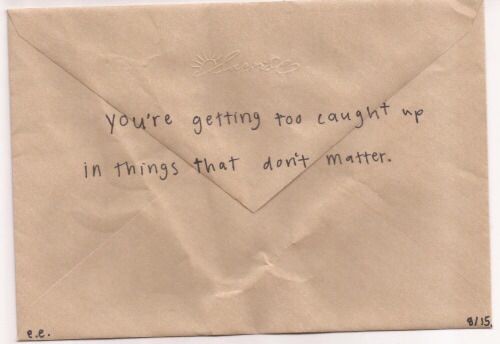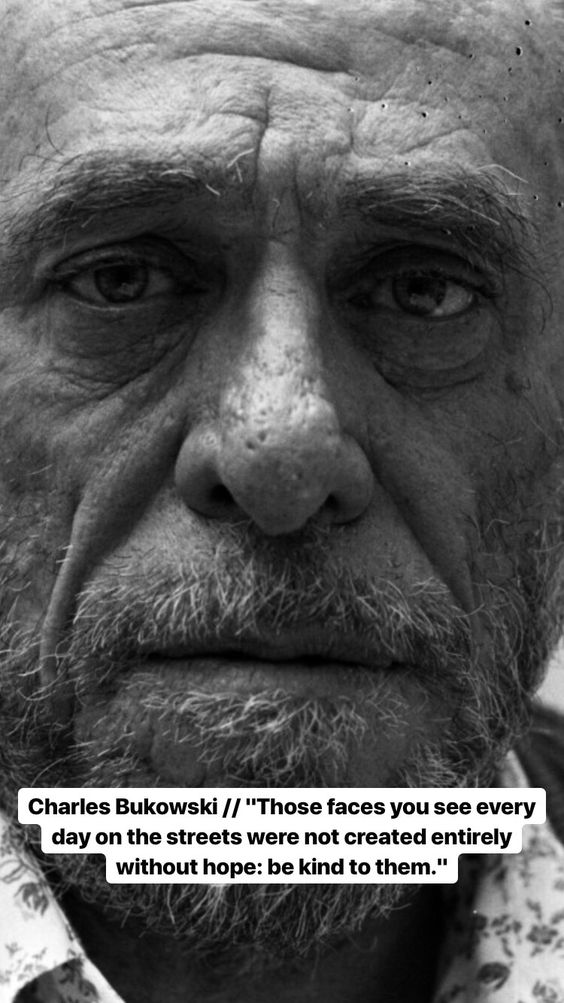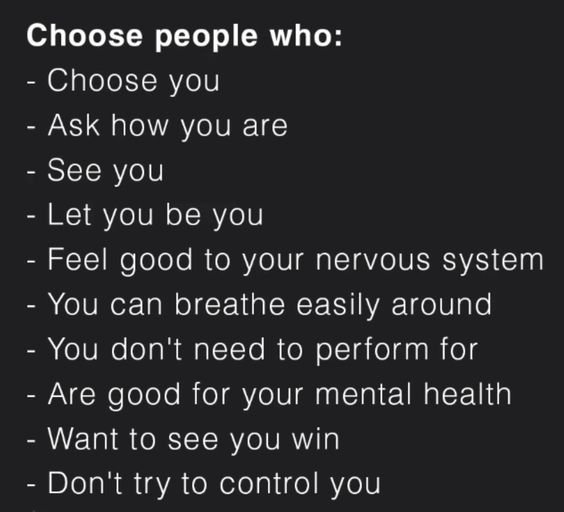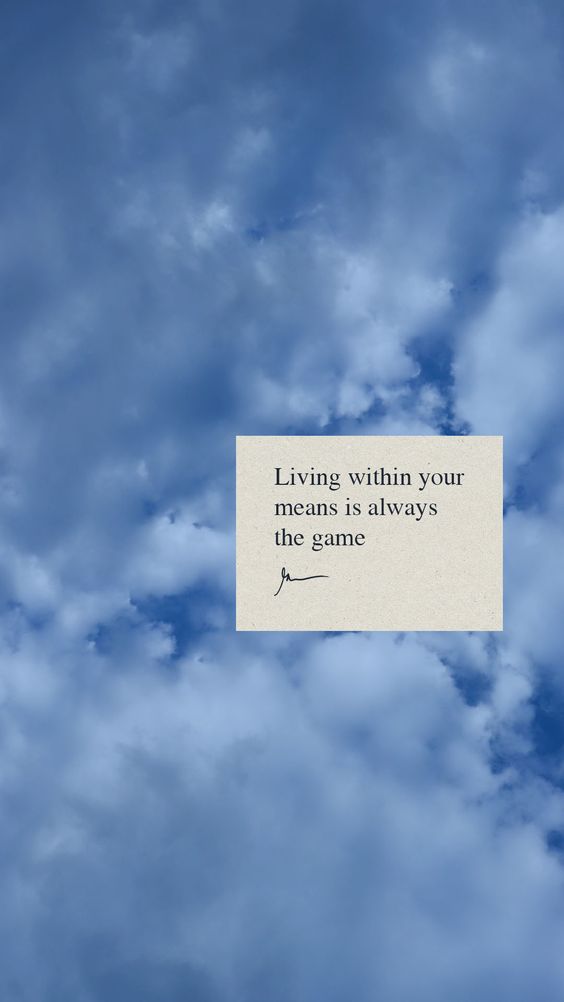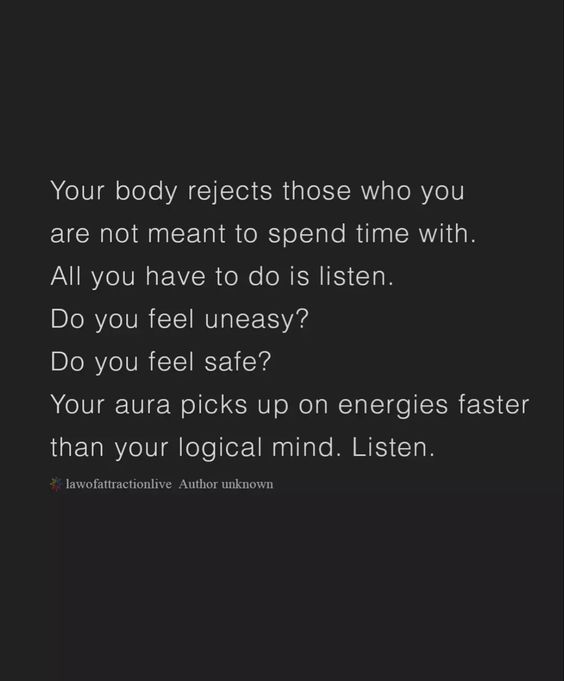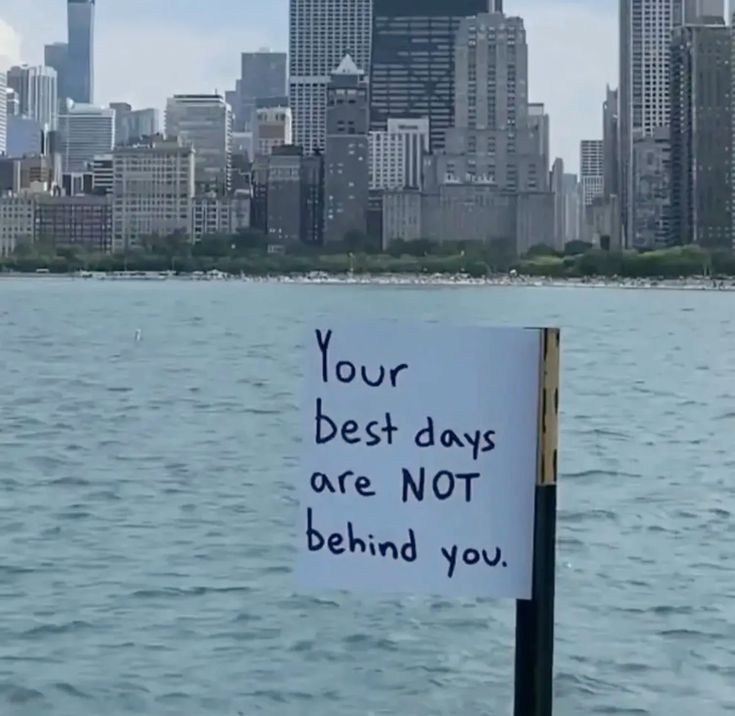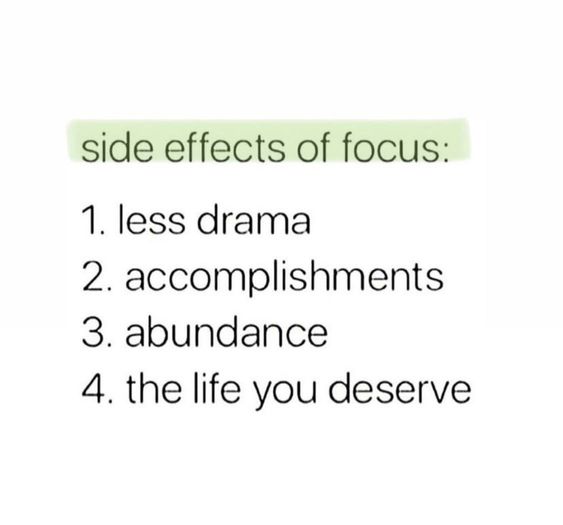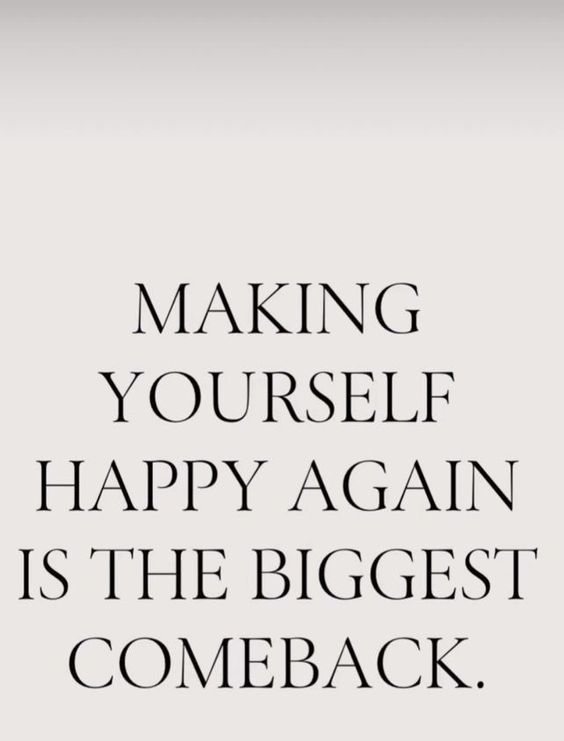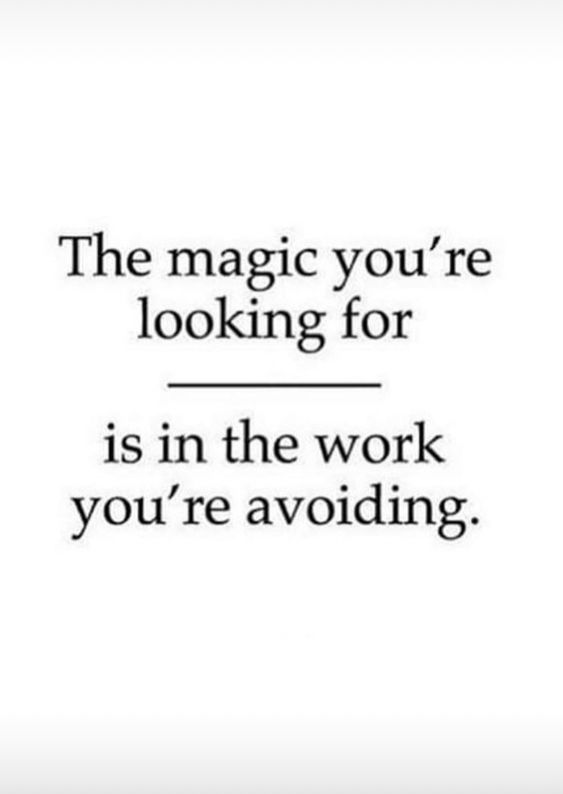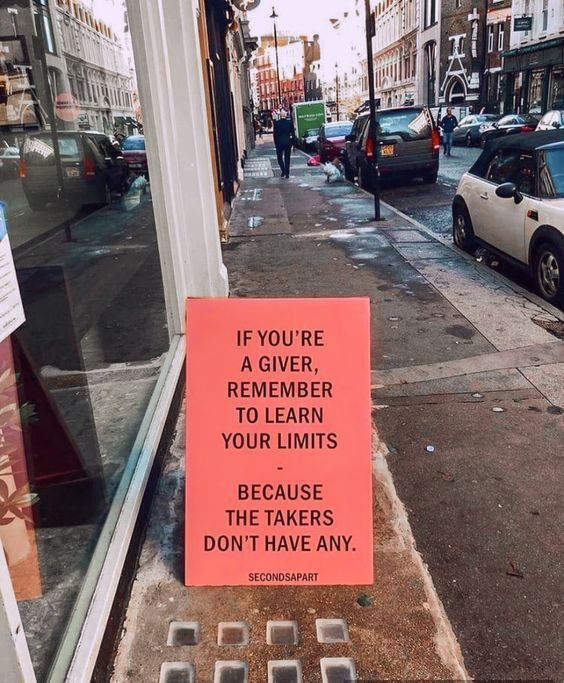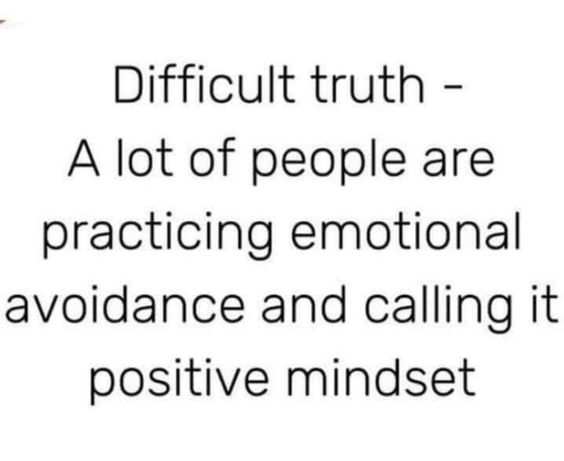“It’s my observation that people say they would like to be happy but they really don’t want to be. They are afraid that they will be lost. Happiness and egos can’t go together. The happier you are, the less you are. There comes a moment when only happiness is, and you are not.”
Osho, Everyday Osho (Page 138)
“Psychotherapy patients also soon learn to be moved by their nocturnal visions as they discover that we are often wiser when we dream than when we are awake. Because the dreaming experience is unhampered by whorish Reason, and the dreamer is not distracted by the conventional wisdom of other people’s perspectives and expectations, we sometimes see most clearly when our eyes are closed.”
Sheldon B. Kopp, If You Meet Buddha On The Road, Kill Him! (Page 58)
“The most important things that each man must learn, no one else can teach him. Once he accepts this disappointment, he will be able to stop depending on the therapist, the guru who turns out to be just another struggling human being. Illusions die hard, and it is painful to yield to the insight that a grown-up can be no man’s disciple. This discovery does not mark the end of the search, but a new beginning.”
Sheldon B. Kopp, If You Meet Buddha On The Road, Kill Him! (Page 56)
“I have come to recognize that the pain which I have and will continue to experience in coming to love myself will prove my greatest asset.”
Willo, via If You Meet Buddha On The Road, Kill Him! (Page 52)
“The central fact of my own life is my death. After a while, it will all come to nothing. Whenever I have the courage to face this, my priorities become clear.”
Sheldon B. Kopp, If You Meet Buddha On The Road, Kill Him! (Page 42)
“Seneca would say that he actually pitied people who have never experienced challenges. ‘You have passed through life without an opponent,’ he said, ‘No one can ever know what you are capable of, not even you.’ Epictetus said when a challenge is put in front of you, think of yourself as an athlete getting paired with a tough competitor. You want to be Olympic-class? ‘This is going to take some sweat to accomplish,’ he said.”
Ryan Holiday
“The patient/pilgrim insists that there must be some meaning that he just has not yet gotten hold of or else he would be happy. ‘Why?’ he asks. ‘Why did all this happen to me?’ He believes that if only he could understand, if only the therapist would explain it to him, then he could live with life as it is and be happy. But ‘the meaning of life can be revealed but never explained.’ The point is that there is no point. In a world of billion[s], countless numbers long dead and an infinite number yet to be born, how important are the momentary frustrations or satisfactions of any one of us?”
Sheldon B. Kopp, If You Meet Buddha On The Road, Kill Him! (Page 41)
